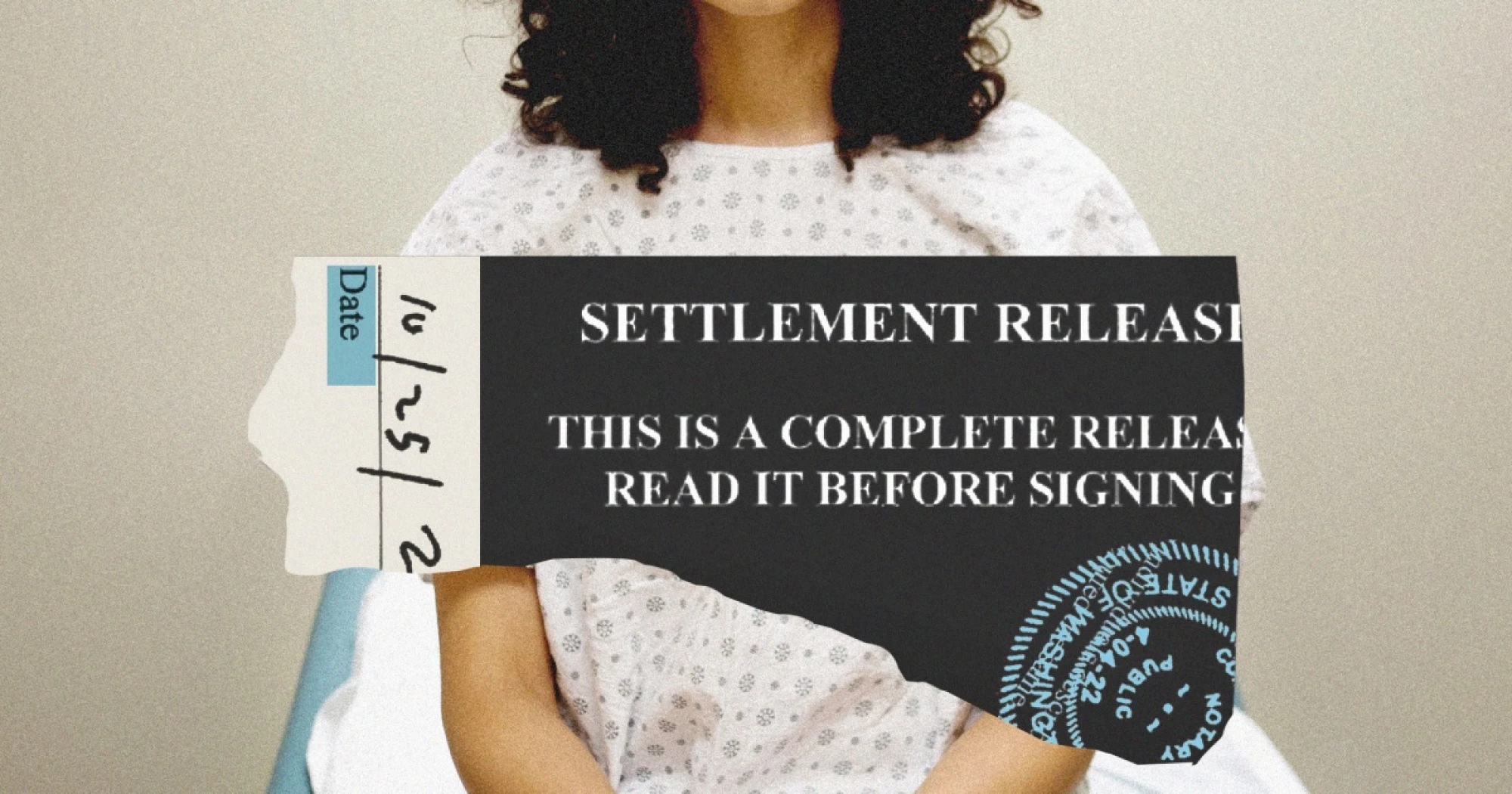How public hospitals use NDAs to silence patients who accuse them

The University of Washington and other public hospitals routinely settle medical malpractice cases with NDAs. Some legal experts say that needs to stop.
She hadn’t quite turned 19 and had just started college when Hana Hooper found out she was dying.
An echocardiogram revealed the telltale signs in grayscale images of an enlarged heart chamber, its walls stretched thin. Her diagnosis — end-stage dilated cardiomyopathy — sounded complicated. But in simple terms, it meant that Hana needed a new heart, and fast.
To survive long enough to get one, she first needed what’s sometimes called “bridge to transplant” surgery — a procedure to place a device in the left ventricle of her failing heart to help it keep pumping.
Hana Hooper had just started college when she was diagnosed with a fatal condition that forced her to seek a heart transplant. Polly Schaps / Courtesy American Heart AssociationHer worried parents, Ali and Patrick Hooper, sought to buy time for Hana, the middle of three daughters they raised near Seattle, by arranging for her to have the surgery at one of the most prestigious and largest public hospitals in their home state: the University of Washington Medical Center.
But shortly after an esteemed cardiac surgeon, Dr. Nahush Mokadam, performed the procedure in January 2017, it became clear something had gone wrong. Hana suffered a stroke, slipped into a semi-coma and lost her sight.
Rating: 5